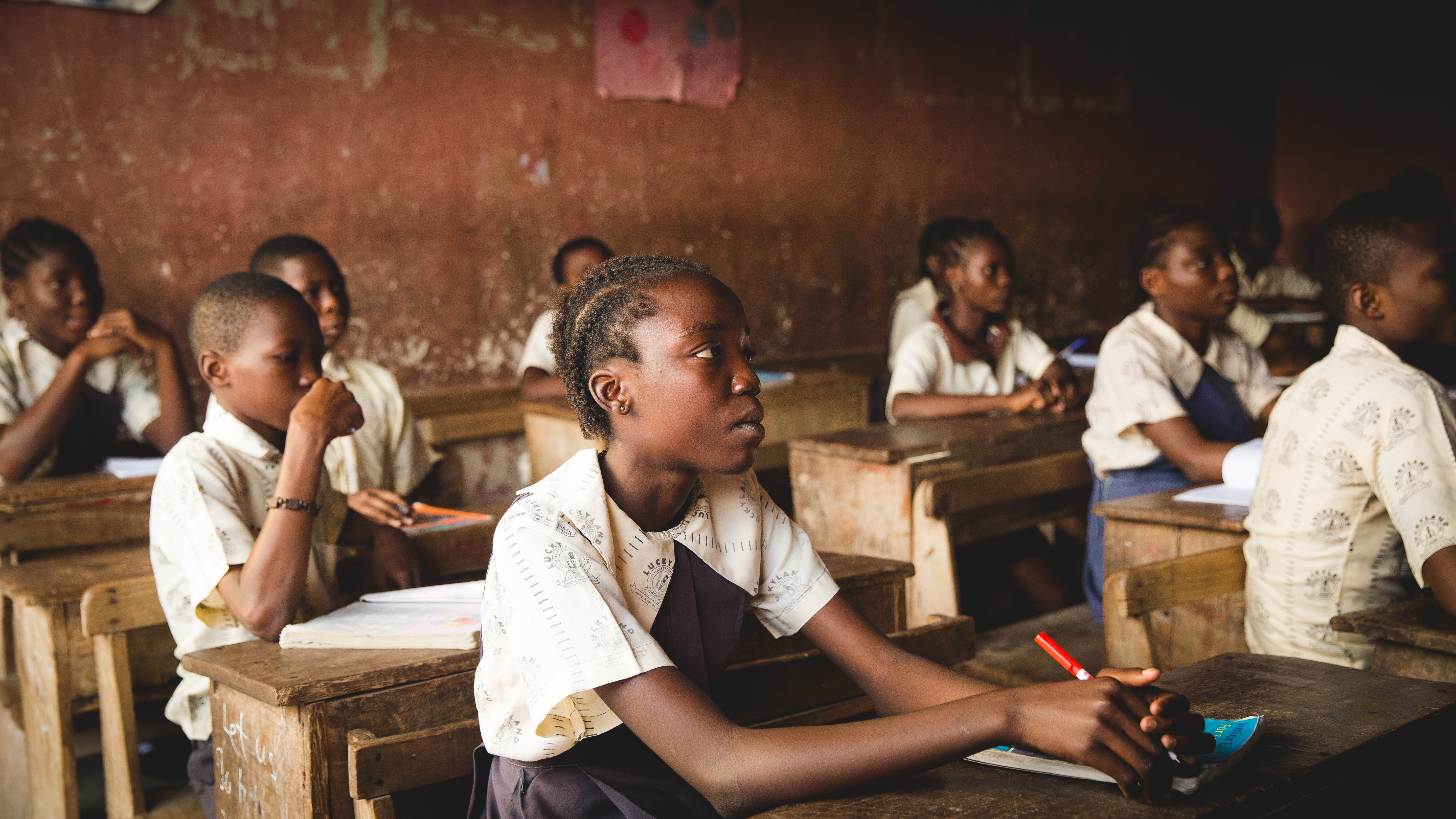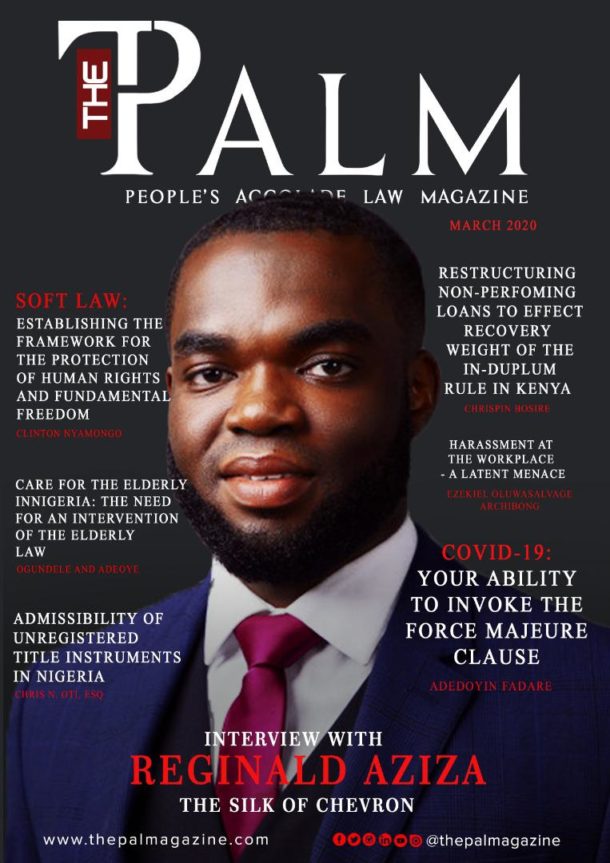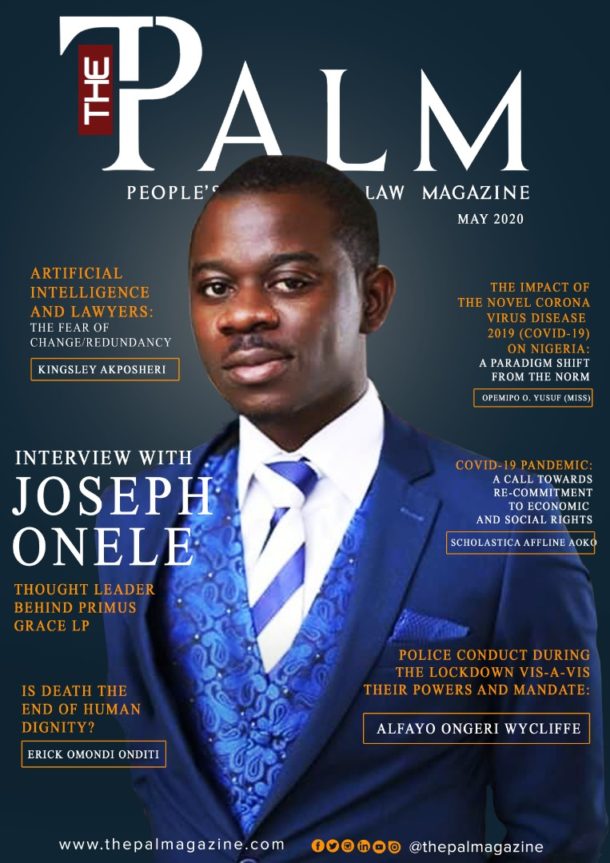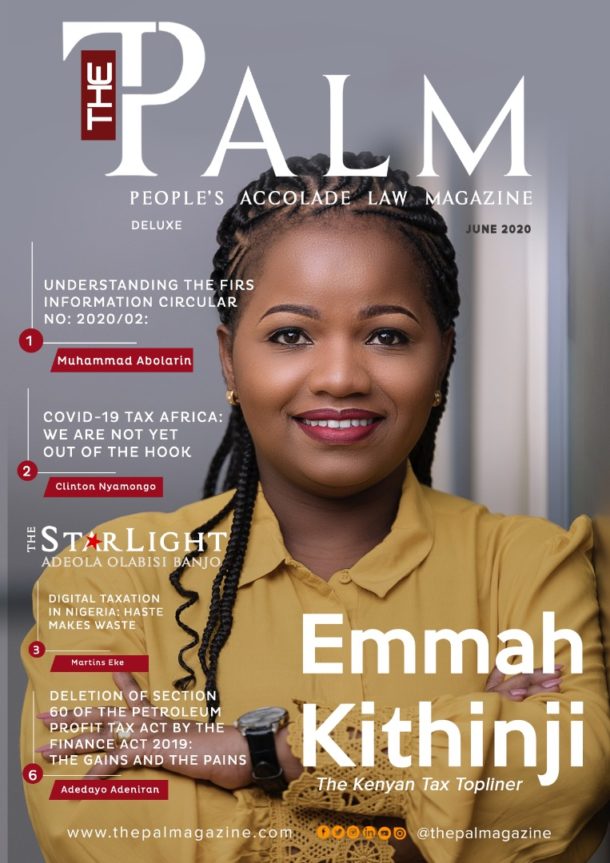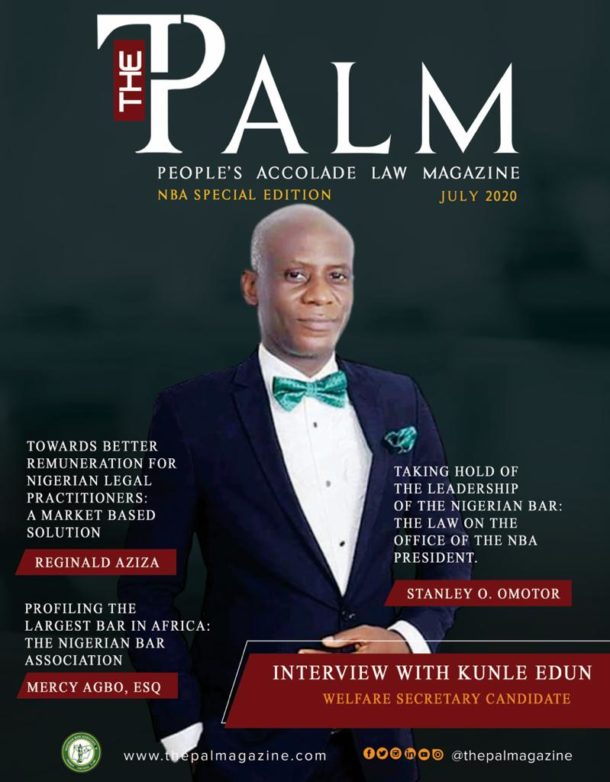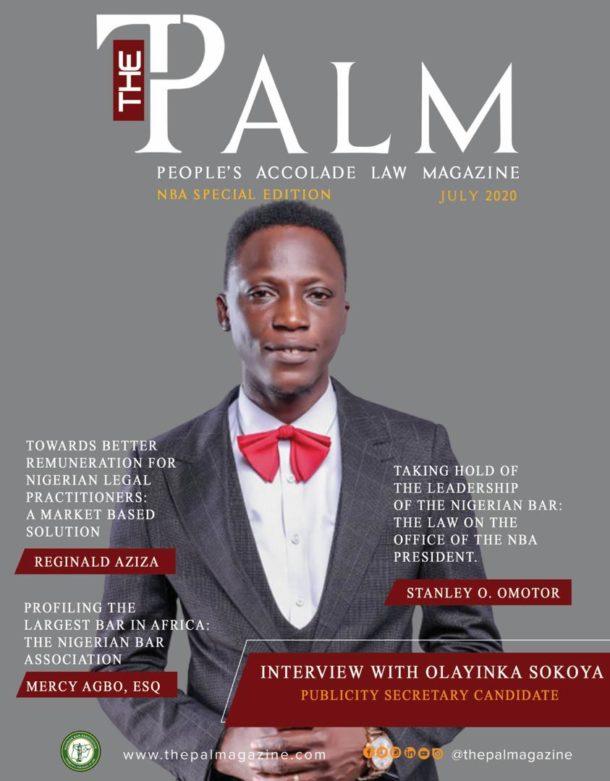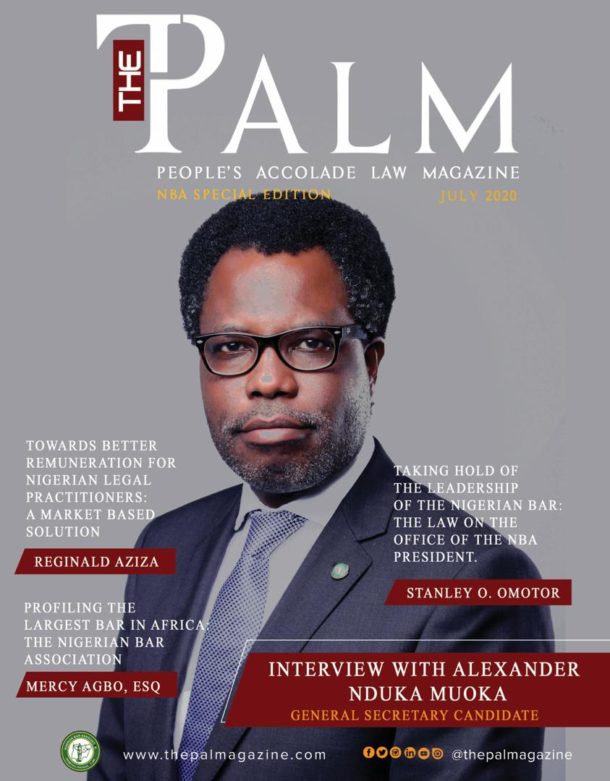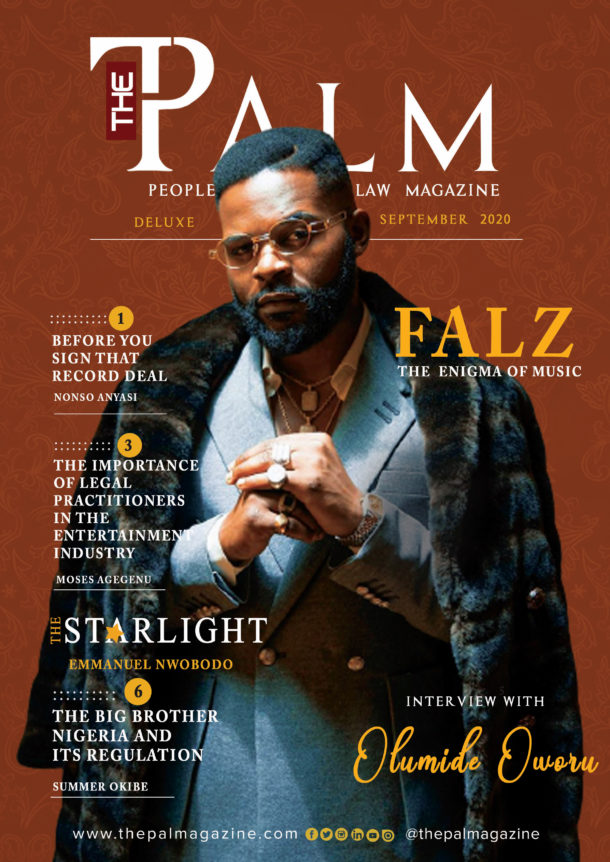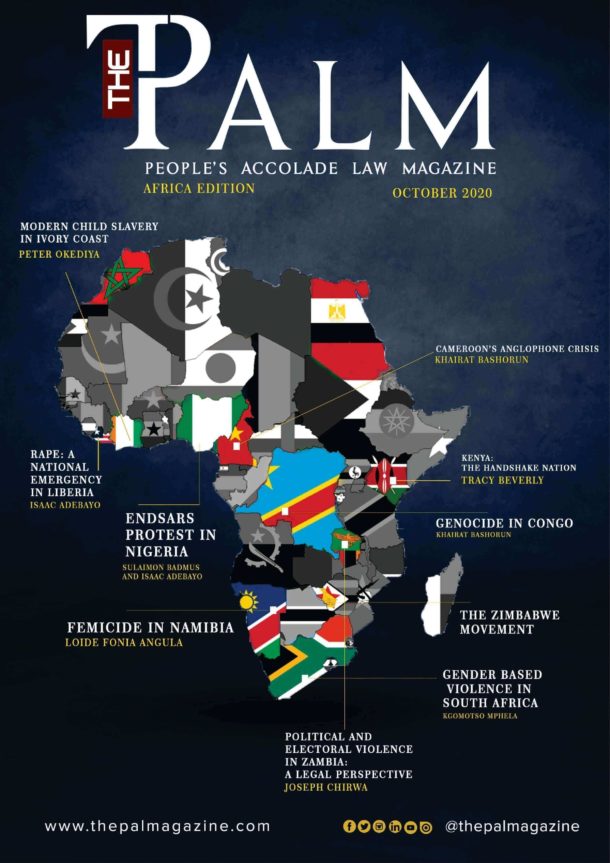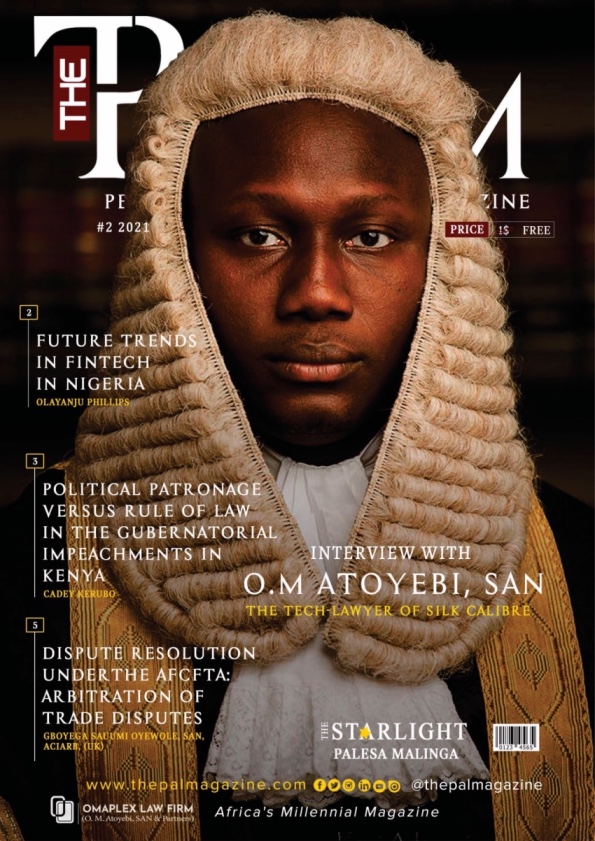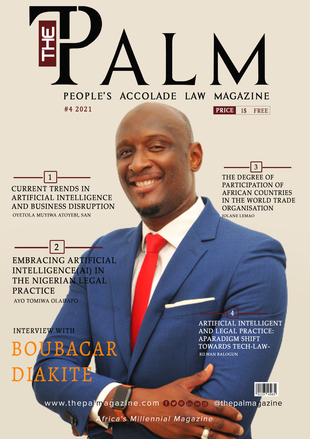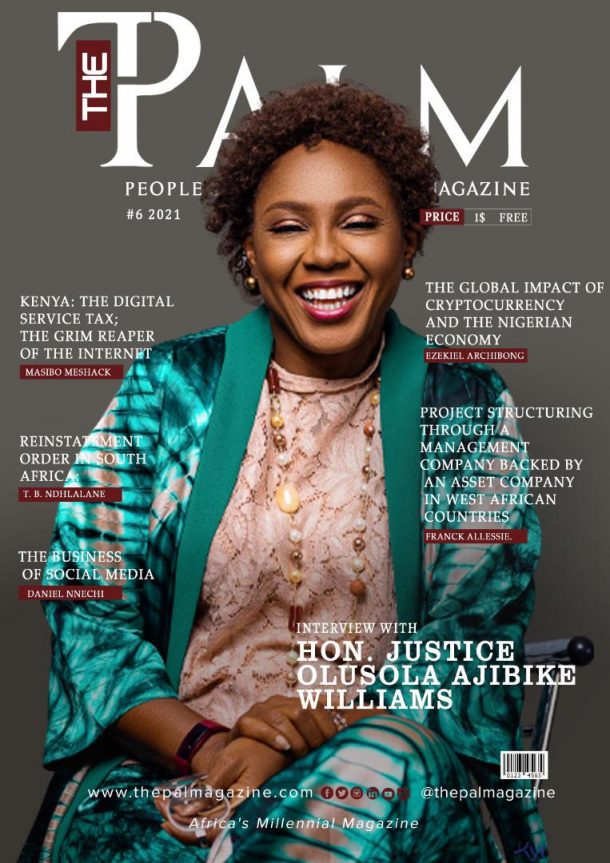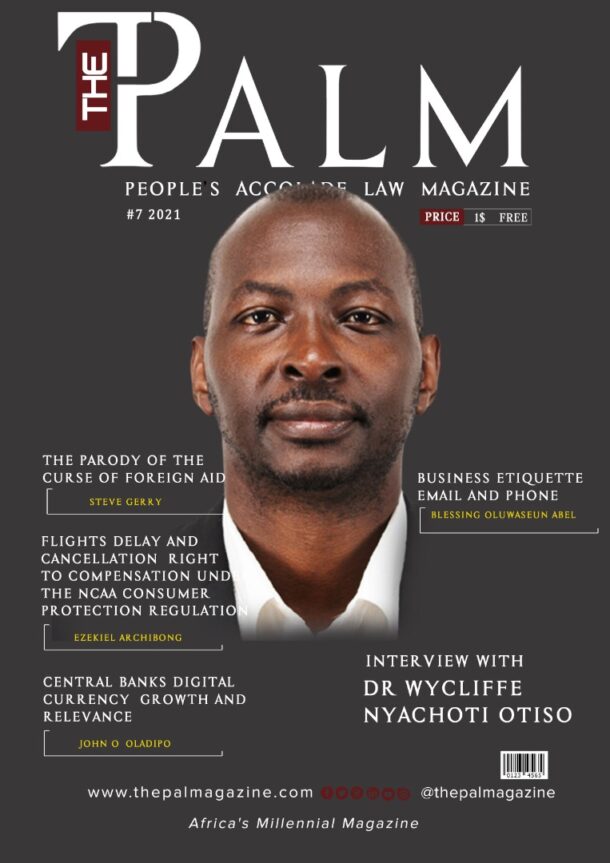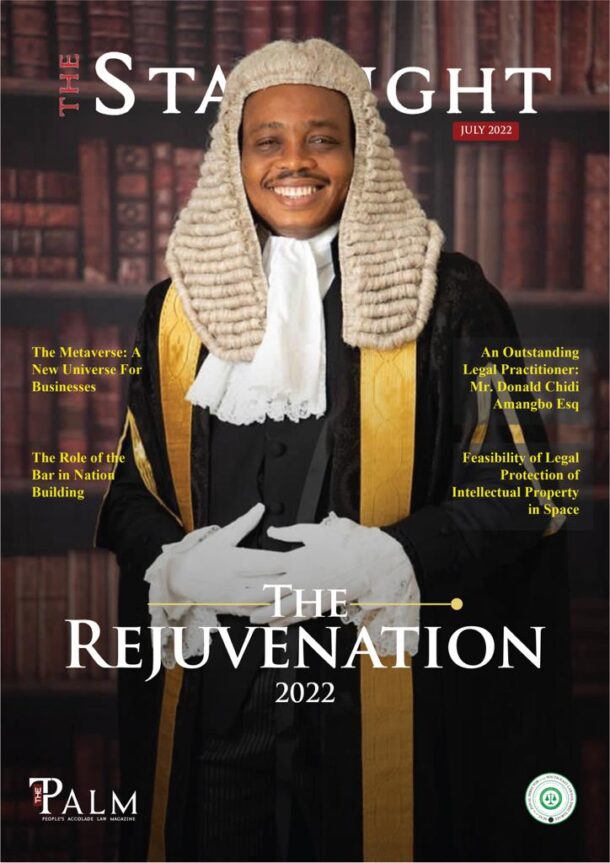In Kenya, the political leadership command influence in gigantic proportions on the affairs of government, public institutions and in most cases, the even private entities whenever they feel there is exercise of authority which has an element of public welfare. Their proclamations attract a wide array of reactions, depending on the context on which it is made. These events are widely reported by the media. In sum, civic consciousness in not something new in Kenya, even in the rural of all areas. The clamour for influence and attention has led local leaders to make pronouncements which have ended up being the subject of high- profile litigation, both in the Kenyan courts and even in the International courts. As a matter of fact, the International Criminal Court cases against among others- the current Kenyan President and his deputy were largely based on public pronouncements and proclamations in political rallies and public gatherings.
In the late January this year, the Supreme Court of Kenya in its majority decision, and with the dissenting opinion of one of the Supreme Court Justices- Prof JB Ojwang’ held to the effect that the decision to allow Muslim girls wear their hijab and trousers was discriminative, unconstitutional and unlawful. It therefore stood by the decision of the High Court and set aside the Court of Appeal’s decision that allowed Muslims to wear their religious attire in school.
The genesis of this contentious litigation that has evoked debate as to balance of religious freedom vis a vis the sacrosanct- nature of school regulations was a Public proclamation by a leader.
Isiolo County is one of the 47 Counties in Kenya, largely cosmopolitan, but fairly inhabited by Muslims. St. Paul’s Kiwanjani Day Mixed Secondary School is a Public school in the County, run and supported by the Methodist Church. It had a school- uniform policy that did not permit special attire for Muslim girls, notwithstanding its neighboring schools’ staunch observance of the same. During one of the events, the Isiolo County Deputy Governor made a public appeal to the school administration, to allow Muslim girls wear hijab and trousers. The proclamation, as noted by both the High Court, Court of Appeal and the Supreme Court stirred confusion and mixed reactions; including a students’ protest, tension and disharmony
The upshot of the foregoing is that the School’s Board of Management and the Parents and Teachers’ Association held a meeting and a by majority; decided to uphold the school uniform-code; which had, as a matter of fact, been executed by both parents and students during their admission. The County Director of Education nonetheless purported to quash this decision and went further to recommend the transfer of the School Principal. This decision was therefore challenged at the High Court by the Methodist Church.
The High Court ruled in favour of the Church and held that the uniform- code was not discriminative and the County Director’s decision to allow Muslim students to wear hijab/trousers was discriminatory, unlawful and unconstitutional. One of the parents at the school, Mohammed Fugicha was also enjoined as an interested party.
The appeal was thereby challenged by the said Mr Fugicha and the Court of appeal set aside the High Court’s finding and directed the Ministry of Education to commence consultation to review this, and other uniform- code to make it accommodative.
At the Supreme Court however, the main question of concern was whether an interested party could institute a cross petition and whether the same could be instituted by means of a replying affidavit. The High Court struck out Mr Fugicha’s cross petition since it was improper, the Court of Appeal reversed the decision and the Supreme Court held that the said matter was improperly before court.
Religion aside, in my opinion, this landmark case evoked the return of procedural technicalities and regard thereto. Going forward, legal practitioners and strategic litigation enthusiasts ought to be a little more careful in how they approach court; otherwise important matters such as this will not see the light of the courts’ meritorious consideration.
Case: Methodist Church in Kenya Vs Mohamed Fugicha & 3 others [2019] eKLR
Brian Onyango is a Kenyan Lawyer and the East African Correspondent for The PALM Email: brianlaw17@outlook.com; onyango@thepalmagazine.com


